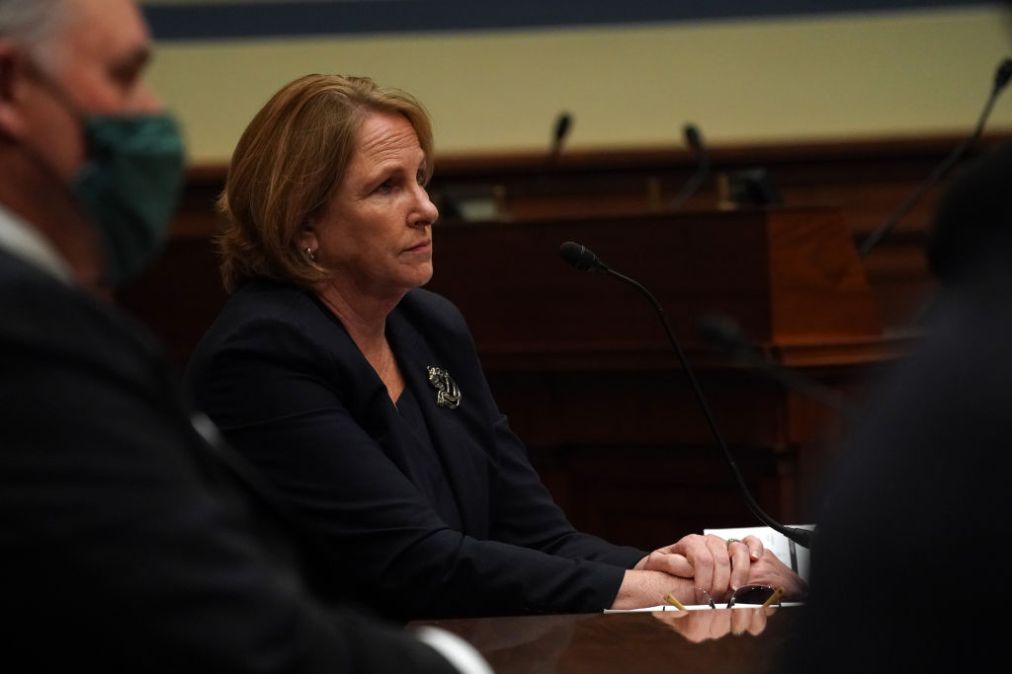National Taxpayer Advocate calls on Congress to boost IRS modernization funds

With IRS funding in the crosshairs of the incoming Trump White House and both Republican-controlled chambers of Congress, the National Taxpayer Advocate is pushing lawmakers to spare the agency’s technology modernization priorities from their fire.
In the release Wednesday of her annual report to Congress, Erin M. Collins — the “voice of the taxpayer” within the tax agency — criticized the “extreme imbalance” of Inflation Reduction Act funding priorities that has allocated 58% to enforcement efforts, 32% to operations and just 6% to business systems modernization and 4% to taxpayer services.
Collins reiterated in the new report her recommendation to Congress that it provide additional funding to the modernization and taxpayer services accounts or reallocate “a portion” of the enforcement funding to those buckets. Arguing that some IRA funding maintains “strong bipartisan support,” Collins said that making sweeping cuts to the law could “inadvertently throw the baby out with the bathwater.”
“While I appreciate the importance of enforcing the tax laws so that everyone complies with their legal obligations, the priority should be to ensure the government meets the needs of the great majority of U.S. taxpayers who are struggling to comply, and service is key to that success,” Collins wrote. “If we can do that, compliance will improve.”
Collins said the IRS continues to operate the two oldest technology systems in the federal government, and the IRA monies in the modernization pool are directed toward upgrades of those systems to a much greater degree than employee salaries.
If Congress provides “adequate” funding to the tax agency to upgrade those systems, Collins believes “many more taxpayers will be able to transact business with the IRS without the need for employee involvement, which ultimately will produce cost savings and reduce taxpayer burden.”
Collins cited in her report a laundry list of technological improvements the IRS has either fully or partially made thanks to congressional funding, including the move to scanning and processing paper-filed returns electronically, secure messaging made available to some taxpayers, expanded chatbot functionality on IRS.gov, voicebot technology to aid callers to the agency’s toll-free line, and the ability to file forms directly from a mobile device.
“These technology options — most of which have been standard for years in the private sector — represent a leap forward into the 21st century for the IRS and therefore for taxpayers,” Collins wrote. “But most are still works in progress, and their full deployment remains dependent on the availability of funding.”
Whether Collins’ pleas to Congress on modernization funding fall on deaf ears remains to be seen, but the tax agency is almost certainly in for major changes over the next four years. President-elect Donald Trump’s nominee to lead the IRS, former Missouri Republican Rep. Billy Long, is an auctioneer by trade who previously introduced legislation that would have wiped out a significant chunk of the current tax code.
Meanwhile, a group of House Republicans have already asked Trump to kill the IRS’s Direct File program, the free electronic filing service that received more than $90 million in refunds and reported $35 million in balances due during its 12-state pilot run. The program was given permanent status and lauded for its customer service, but has faced an onslaught of lobbying efforts against it from the highly lucrative tax-preparation industry.






